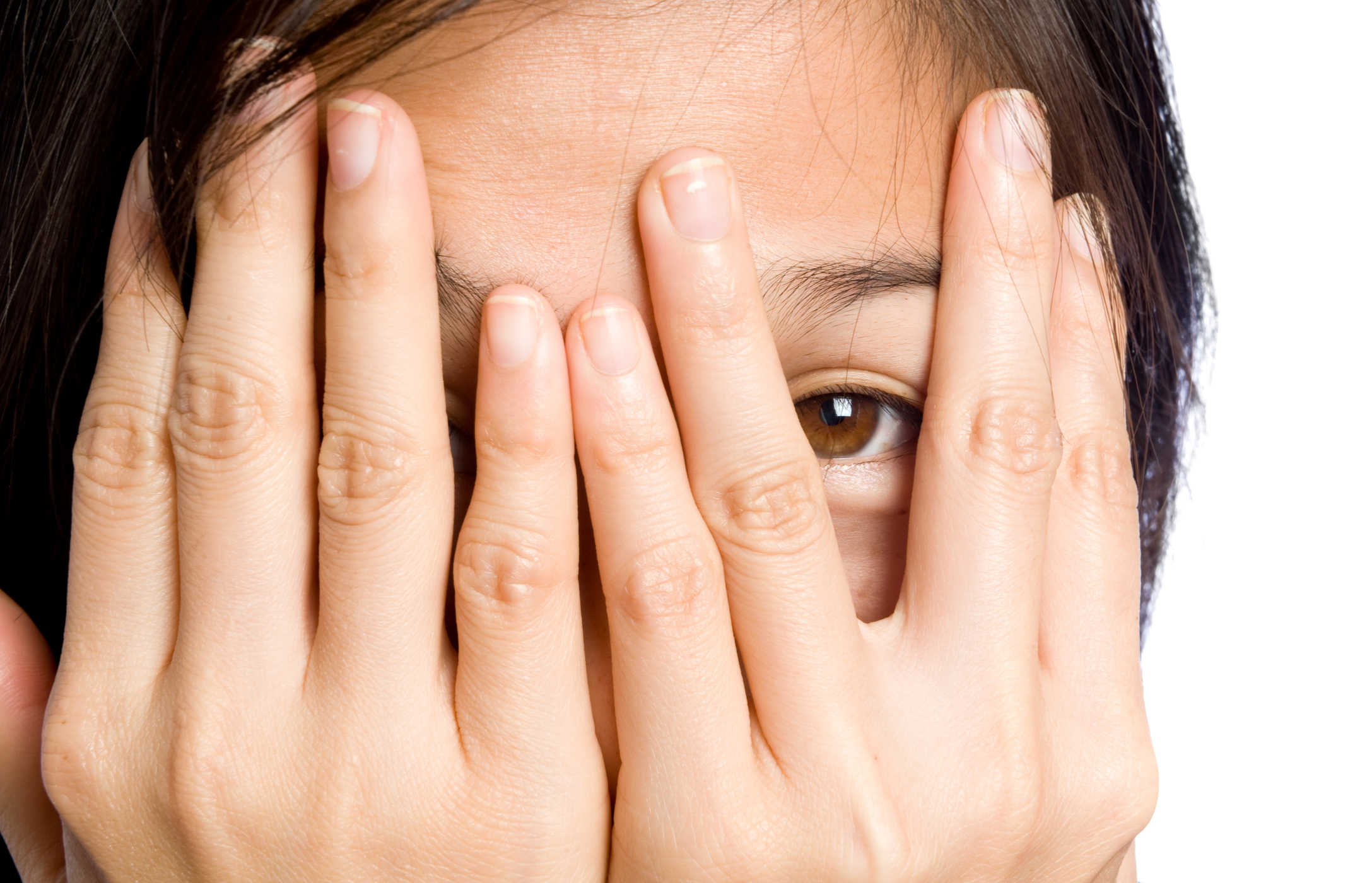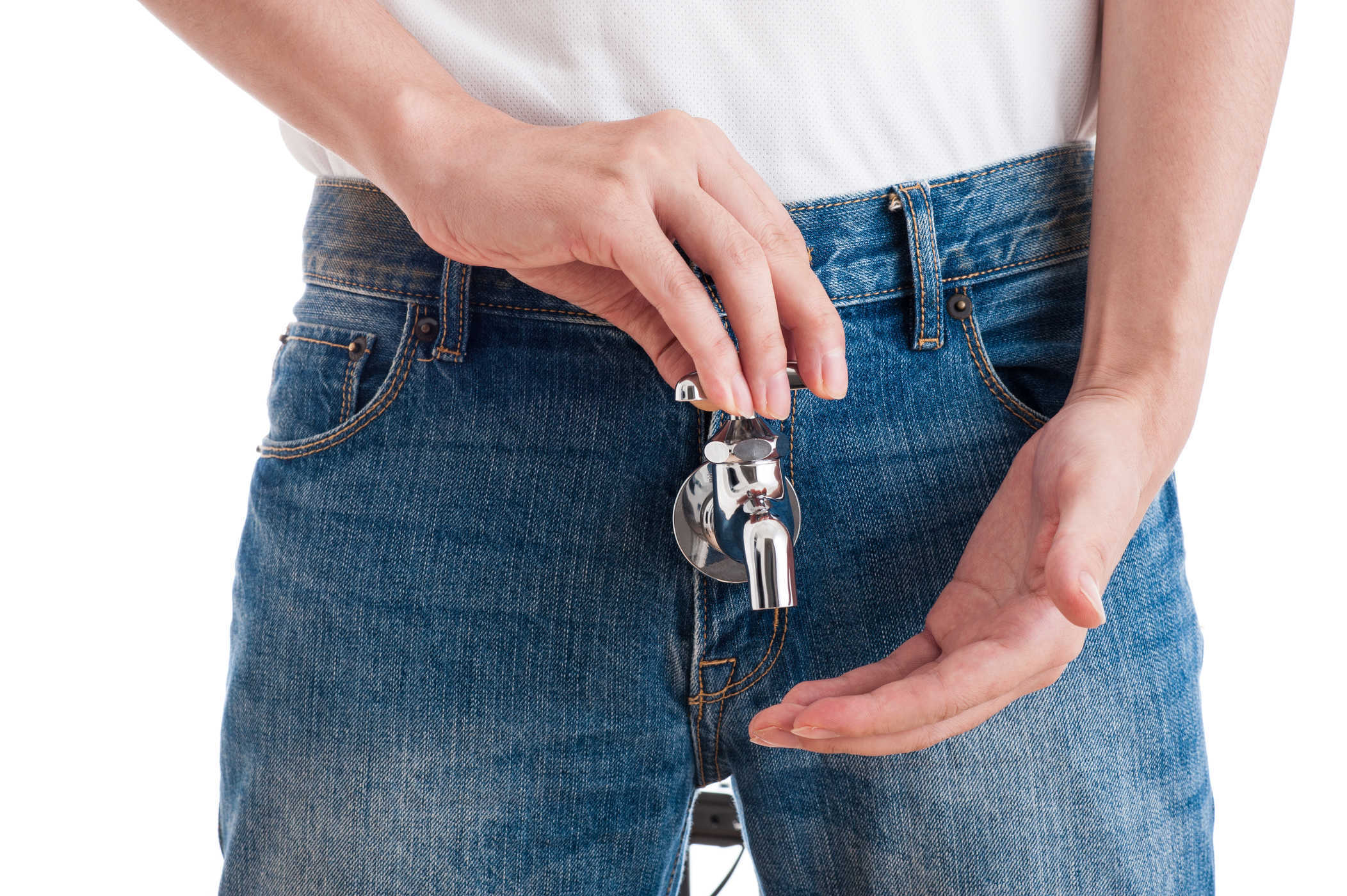Contents:
- Medical Video: Open Space Panic Sufferers Taken to Japan to Overcome Fears | The House of Agoraphobics | Only Human
- What are the symptoms of agoraphobia?
- What are the causes of agoraphobia?
- How to diagnose agoraphobia?
- How do you treat agoraphobia?
- 1. Psychotherapy
- 2. Cognitive Behavioral Therapy (CBT) Method
- 3. Exposure therapy
- 4. Medicine
- 5. Changes in lifestyle
- Can the above treatment cure agoraphobia?
Medical Video: Open Space Panic Sufferers Taken to Japan to Overcome Fears | The House of Agoraphobics | Only Human
Agoraphobia is a psychological disorder that causes a person to be afraid of being in a place or situation that makes them feel uncomfortable. Agoraphobia sufferers will usually avoid places that make them feel trapped, helpless, panic, shame, or fear. In further conditions, this situation will be very disturbing to the sufferer. Usually, people with agoraphobia are aware of their unnatural fears, but they cannot do anything to overcome them. As a result, people with agoraphobia usually have problems in dealing with others, and in their work or education.
What are the symptoms of agoraphobia?
Agoraphobia sufferers usually:
- Afraid to leave home for a long time.
- Afraid of being alone in a social environment.
- Afraid to lose control in public places.
- Fear of being in a place that makes it easily trapped like an elevator or car.
- Separated or isolated from others.
READ ALSO: Knowing Claustrophobia, Fear of Narrow Space
Agoraphobia is usually followed by panic attacks. Agoraphobia sufferers can experience an attack when they enter an unpleasant situation for them. Panic attacks can appear with symptoms such as:
- Chest pain
- Pounding
- Hard to breathe
- Dizzy
- Trembling
- Choking sensation
- Sweating
- Heat to the body
- Shivering
- Nausea
- Diarrhea
- Baal
- Tingling sensation
What are the causes of agoraphobia?
The exact cause of agoraphobia is still unknown. However, there are several factors that are known to increase the risk of developing agoraphobia, such as:
- Other phobias such as claustrophobia and social phobia.
- Other anxiety disorders such as obsessive compulsive disorder (OCD).
- History of physical or sexual violence.
- Problem of substance abuse.
- Family history
Agoraphobia is more common in women than men. This disorder usually appears in young adults, with an average age of around 20 years ...
READ ALSO: Get to Know the Three Main Types of Phobias
How to diagnose agoraphobia?
Agoraphobia is diagnosed based on signs and symptoms. The doctor will ask for your symptoms, including when they appear and how often you experience them. The doctor will also ask about your previous medication history and family history. Laboratory blood tests may also be needed to rule out other possibilities that could be the cause of your condition.
To be diagnosed with agoraphobia, a person must experience fear or anxiety in two or more of the following conditions:
- Use public transportation, such as trains or buses.
- Located in an open place, such as a supermarket or parking lot.
- Being in a narrow and closed place, such as a car or elevator.
- Being in a crowd.
- Being away from home alone.
How do you treat agoraphobia?
There are several treatment options for agoraphobia. Often, someone needs a combination of several methods of treatment.
1. Psychotherapy
Psychotherapy is also known as speech therapy. This therapy requires meeting with a therapist or other mental health personnel regularly. This meeting will provide an opportunity for you to share your fears and things that have a role in your fear. Psychotherapy is usually combined with drug therapy to get optimal results. In general, this therapy is a short-term therapy that can be stopped if you are able to adapt to your fears and anxieties.
2. Cognitive Behavioral Therapy (CBT) Method
Is the most commonly used psychotherapy method for people with agoraphobia. CBT can help you understand your feelings and various perspectives related to agoraphobia. In addition, this method also teaches how to deal with your fears by replacing scary thoughts with constructive thoughts.
READ ALSO: Get Out of Your Black Hole Through Psychotherapy
3. Exposure therapy
Other methods, namely exposure therapy, let you be directly exposed to your fear. You will be placed in a situation that you fear. Hopefully, in the end your fear will diminish over time.
4. Medicine
Some medications can be used to help relieve your symptoms. The drugs used are usually derived from anti-depressant and anti-anxiety groups.
5. Changes in lifestyle
Lifestyle changes will not treat agoraphobia directly, but may reduce daily anxiety. You can try:
- Exercise regularly to increase the production of substances in the brain that can make you more happy and relaxed.
- Eat healthy foods like wheat, vegetables and protein so you feel better.
- Practice meditation or regulate your breath to reduce anxiety and fight the onset of panic attacks.
Can the above treatment cure agoraphobia?
Prevention of agoraphobia is not always possible. However, treatment as early as possible for anxiety or panic disorder may help. With treatment, you have a great chance to get better. Treatment will be easier and faster if it starts earlier. So, if you suspect you have agoraphobia, don't hesitate to immediately check yourself into a doctor. Treatment can help improve the quality of your life.












